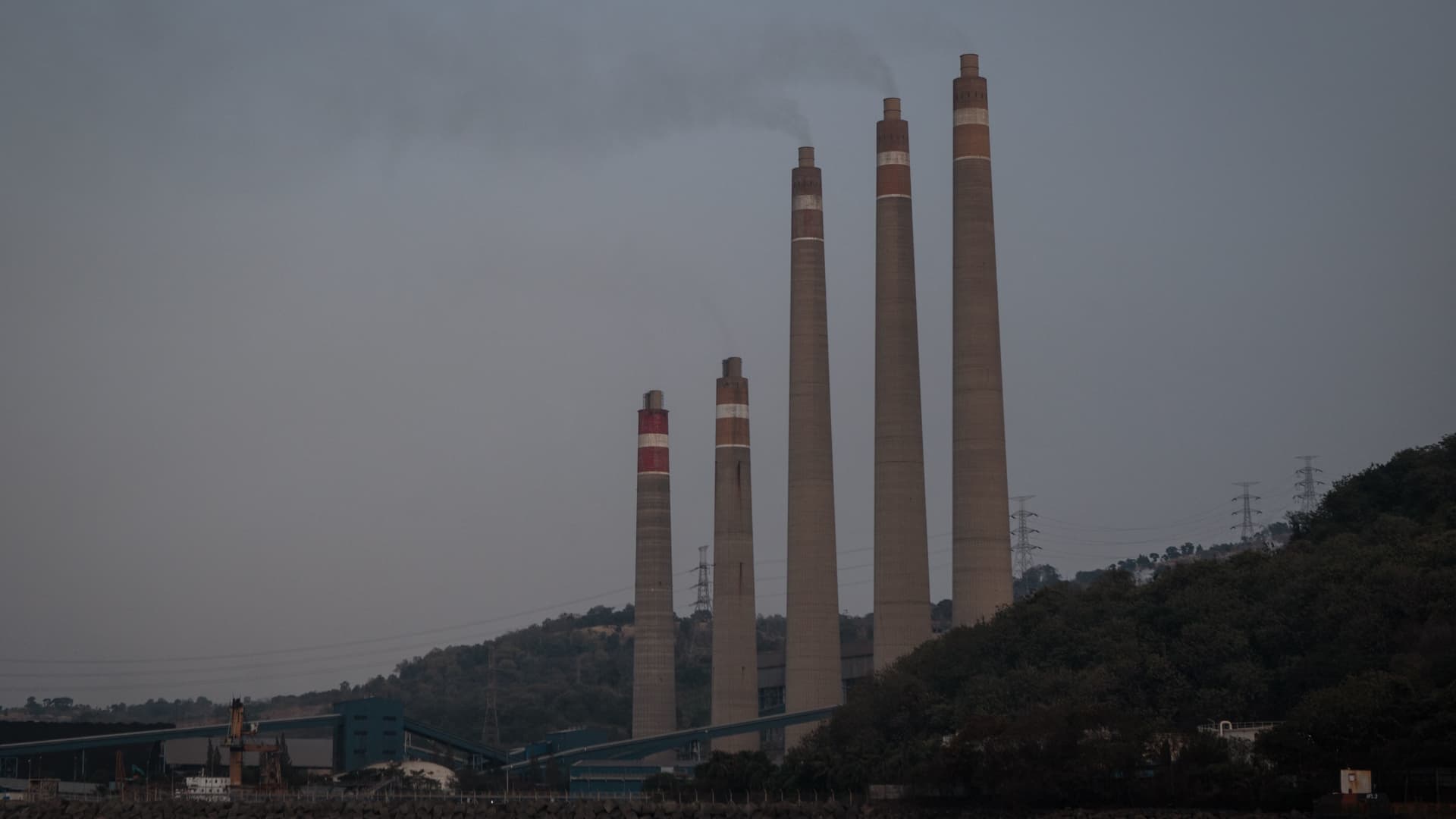Efforts to restrict global warming to 1.5 degrees Celsius are failing “across the board” — and major shifts will be required to create meaningful change, according to a new report, including a much faster move away from using coal to generate electricity.
Published Tuesday, the “State of Climate Action 2023” paints a sobering picture of the challenges that policymakers face as they gear up for the COP28 climate change summit in Dubai, United Arab Emirates at the end of November.
Like much of the discourse on climate action, 2015’s Paris Agreement — which aims to “limit global warming to well below 2, preferably to 1.5 degrees Celsius, compared to pre-industrial levels” — looms large over the analysis.
Tuesday’s report takes that 1.5 degrees goal and develops targets for 2030 and 2050 that align with it. The overall findings are stark, with just one of 42 indicators — sales of electric passenger cars — on course to meet its 2030 target.
The U.N. has previously noted that 1.5 degrees Celsius is viewed as being “the upper limit” when it comes to avoiding the worst consequences of climate change.
“Global efforts to limit warming to 1.5°C are lackluster at best,” Sophie Boehm, lead author of the report and a research associate at the World Resources Institute, said in a statement.
“Despite decades of dire warnings and wake-up calls, our leaders have largely failed to mobilize climate action anywhere near the pace and scale needed,” Boehm added.
“Such delays leave us with very few routes to secure a livable future for all. There’s no time left to tinker at the edges,” she said.
“Instead, we need immediate, transformational changes across every single sector this decade.”
With the above in mind, the report’s authors propose a raft of measures that need to be taken if climate goals are to be reached. They include:
- Phasing out coal from electricity generation at a rate seven times faster than now. That, the report says, “is equivalent to retiring roughly 240 average-sized coal-fired power plants each year through 2030.”
- Boosting growth in wind and solar power.
- Ramping up the speed at which rapid transit infrastructure is expanded.
- Moving toward diets that are healthier and more sustainable eight times faster.
- Cutting the yearly rate of deforestation four times faster in this decade.
“We already know what needs to be done, sector by sector, by 2030,” Ani Dasgupta, the WRI’s president and CEO, said.
“The world has made some progress — in some cases, exponential progress — but overall, we are lagging, with several trends moving quickly in the wrong direction,” he added.
“It’s going to take drastic action from all of us — governments, corporations, cities — to embrace the systemic change needed to create a livable and thriving future for people, nature and climate.”
UN warning
Tuesday’s report — a “joint effort” from the WRI, Bezos Earth Fund, ClimateWorks Foundation, Climate Action Tracker and the United Nations Climate Change High-Level Champions — was published on the same day that UN Climate Change released its own assessment of the current state of play.
According to the NDC Synthesis Report, governments around the world are not doing enough to avoid the worst effects of climate change and need to be more proactive in their attempts to slash emissions.
Nationally Determined Contributions, or NDCs, refer to individual countries’ targets for cutting emissions and adapting to the effects of climate change.
All countries that are part of the Paris Agreement are supposed to update their NDCs every five years.
Targets need to be ramped up regularly to meet the agreement’s overall target of limiting global warming.
Simon Stiell, the executive secretary of UN Climate Change, said its report showed that “governments combined are taking baby steps to avert the climate crisis.”
“And it shows why governments must make bold strides forward at COP28 in Dubai, to get on track,” he argued. “This means COP28 must be a clear turning point.”
“Governments must not only agree what stronger climate actions will be taken but also start showing exactly how to deliver them.”

